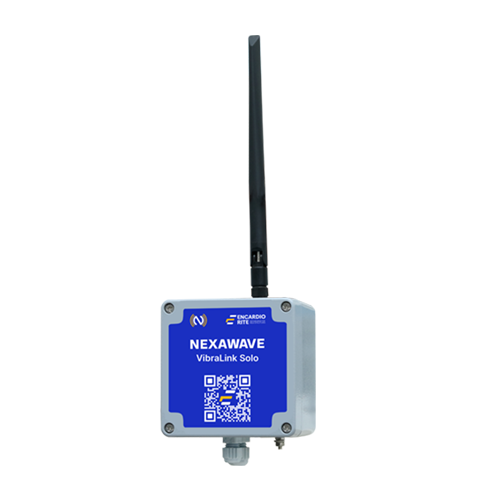Description:
Pressure Cells consist of a sealed diaphragm, which deforms when pressure is applied. This deformation changes the electrical resistance or capacitance, providing a measurable output that correlates with the pressure applied. Pressure Cells are essential for understanding load distribution, evaluating foundation stress, and assessing material performance under various loads.
Key Features:
- High Accuracy: Provides precise pressure measurements in various conditions.
- Durability: Built to withstand harsh environments, including extreme temperatures and pressures.
- Compact Design: Allows for easy installation in confined spaces.
- Long-Term Stability: Maintains reliability over extended periods.
- Versatile: Suitable for a wide range of applications in soil, concrete, and rock.
- Waterproof: Sealed to prevent moisture ingress, ensuring long-term performance.
Applications:
- Foundation and Structural Monitoring: Assess pressure distribution in foundations, dams, and bridges.
- Geotechnical Investigations: Measure the pressure exerted by soil, rock, and concrete in construction sites.
- Load Testing: Monitor pressure in testing of materials and structural components.
- Tunnel and Underground Cavities: Measure pressure in tunnels, shafts, and other underground structures.
- Earthquake Monitoring: Analyze pressure changes in geotechnical structures during seismic events.



























